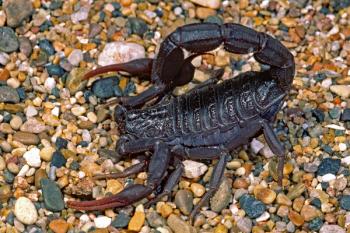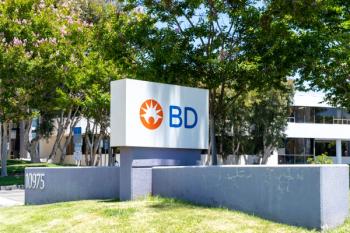
Thermo Fisher Buys SwissAnalytic
Thermo Fisher Scientific Inc. announced today it has acquired Basel, Switzerland-based SwissAnalytic Group AG, which owns Spectronex AG and Flux Instruments AG. Terms were not disclosed.
Thermo Fisher Scientific Inc. announced today it has acquired Basel, Switzerland-based SwissAnalytic Group AG, which owns Spectronex AG and Flux Instruments AG. Terms were not disclosed.
Spectronex is a supplier of mass spectrometry, chromatography and surface science instrumentation in Switzerland, Austria, Slovakia and the Czech Republic. Flux Instruments is a manufacturer of high-performance liquid chromatography (HPLC) pumps and software.
Thermo Fisher Scientific's current HPLC and liquid chromatography coupled mass spectroscopy (LCMS) business includes its Accela high-speed liquid chromatographIC system and advanced sample extraction and LC products gained when it acquired Massachusetts-based Cohesive Technologies Inc., a manufacturer of advanced sample extraction and liquid chromatography products, in December. (See: www.photonics.com/content/news/2006/December/15/85436.aspx)
"Flux Instruments is a strong complement to our expanding chromatography and life sciences mass spectrometry product lines," said Marijn E. Dekkers, president and CEO of Thermo Fisher Scientific. "In addition, Spectronex enables Thermo Fisher to strengthen our footprint in Europe with direct sales channels and support, enhancing our ability to work closely with important customers in this area."
Newsletter
Join the global community of analytical scientists who trust LCGC for insights on the latest techniques, trends, and expert solutions in chromatography.




